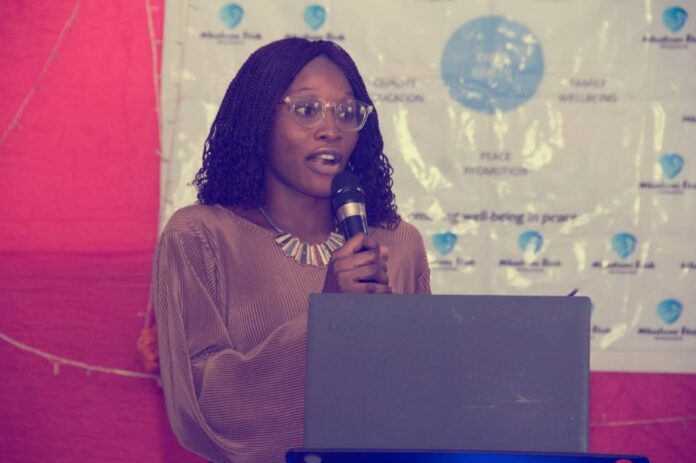Some of us have the privilege to become more involved in politics, joining political parties or even standing for election at local or national levels. Yet many people with disabilities are excluded from participating in political life.
The United Nations Convention on the Rights of Persons with Disabilities (UNCRPD) underscores the equal right of people with disabilities to participate in political life. Despite this, in Africa many are excluded from political engagement and cannot fully exercise their guaranteed rights.
Participation of persons with disabilities in the electoral process provides the basis for mainstreaming their inclusion in all aspects of society by breaking down social stigmas and increasing the accountability of elected representatives.
In previous elections, the might of PWDs during elections have been undermined especially those in rural areas. In most cases, the polling units are not easily accessible for those with physical impairments and those with sensory impairments such as hearing loss and visual impairment have cried out the absence of/faulty assistive aid devices and suitable means of communication to aid their participation in casting their votes.
As a result of their vulnerability, there had been cases where PWDs have been cajoled to vote for candidate who are not their ideal choice. There is also the issue of disaggregated data of PWDs, these and more have discouraged many of them from trusting the Electoral body’s commitment to support inclusion in the 2023 elections.
The Independent National Electoral Commission (INEC) has registered about 85,362 PWDs to vote in the 2023 elections, yet many of them have doubts of being neglected like previous elections.
Over the years, people with disabilities in Nigeria have been underrepresented in political and public life. This has made Disability Rights Advocate, JONAPWD, NGOs & CSOs, the Media, international organizations, and other relevant stakeholders across the country have discussions with the electoral umpire to ensure that Persons with Disabilities are included in the 2023 election.
The Independent National Electoral Commission have promised equal participation by providing measures to see that PWDs are respected and allowed their voting rights, following provisions from the Electoral Act.
In February 2022, President Muhammadu Buhari signed the long awaited Electoral Act (Amendment) Bill into law with consideration for Persons with Disabilities in Section 54.
INEC has gone a step further to accredit PWDs as observers and implement Section 29 of the Disabilities Act by ensuring that 5% of ad-hoc staff for the 2023 elections are PWDs.
The Electoral Umpire also stated its commitment to work with other Stakeholders on the concern of disaggregated data of PWDs.
However, it is important that INEC put in great effort to clear the doubts of Persons with Disabilities so they can fully exercise their voting rights. Ad-hoc staffs should be adequately trained to accept, respect and protect the rights of PWDs in the forthcoming elections and subsequent ones to come.
Rachel Affiong Umoh is a Psychotherapist/Rehabilitation Practitioner. She writes from Kaduna State.


